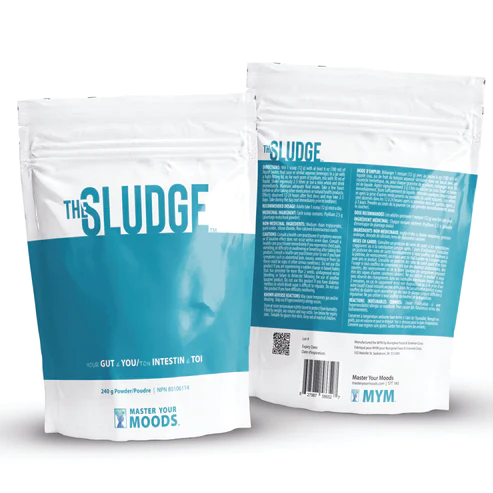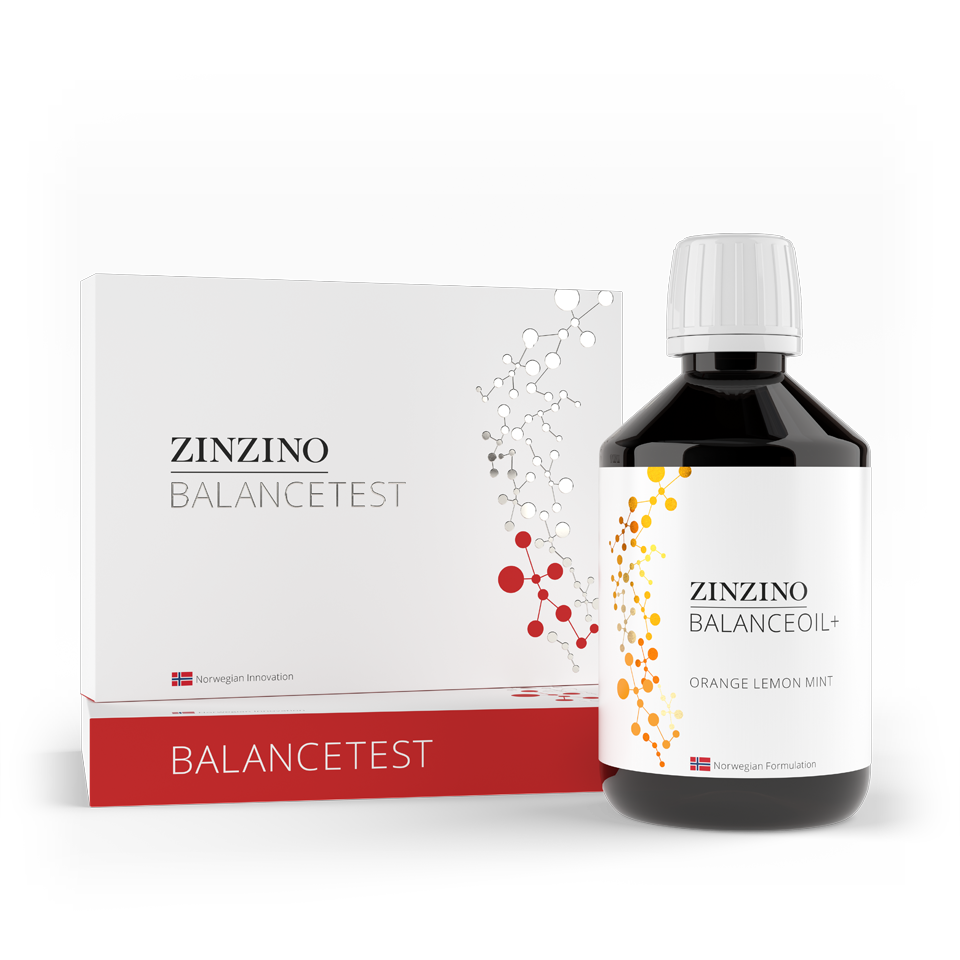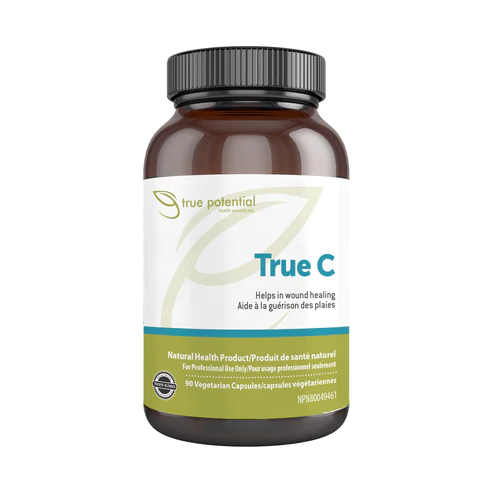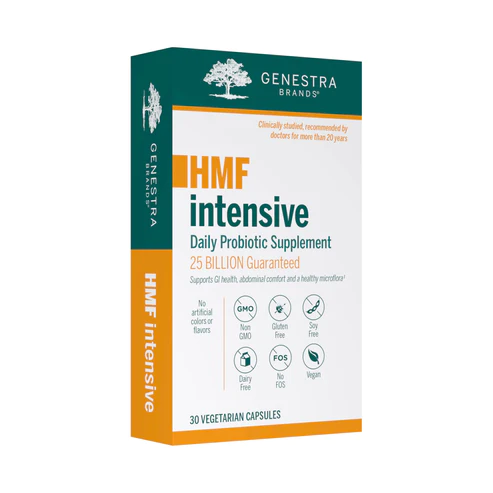If you’ve noticed that you’re more reactive to summer conditions like wildfire smoke, dust, and grass than you used to be, you’re not alone.
This year’s conditions have been more intense than usual, but for many women going through perimenopause or menopause, these sensitivities can be amplified.
So what’s going on?
Hormones… and More Than Hormones
It’s easy to blame hormones, and they are part of the picture. But when allergies in menopause start showing up in women who never had issues before, or suddenly feel much worse, it’s often a sign that something deeper is going on.
One of the biggest players in this story? Your gut.
Your Immune System & Your Gut
About 70% of your immune system is located in your digestive tract. Hormonal changes during menopause can influence your gut environment, which can affect motility, microbial balance, and immune response. If you’ve had underlying digestive imbalances (even subtle ones) before this stage of life, they can become louder and more noticeable now.
In other words, menopause can amplify what’s already been going on beneath the surface.
On top of that, inflammation tends to increase during menopause, partly due to changes in estrogen levels. That inflammation can show up as increased sensitivity to allergens, trouble sleeping, brain fog, joint pain, or even mood changes.
Why Gut Health Matters More Than Ever
Your gut isn’t just where you digest food – it’s also where a huge portion of your hormones are made and regulated. Around 90% of the body’s serotonin is made in the gut, and your gut health has a major influence on mood, sleep, and brain function through the gut-brain axis.
So if your digestion is off, your sleep and mood might be too, and that can trigger a ripple effect across your immune system, worsening inflammation and making you more reactive to your environment.
Nutrient Absorption & Cell Health
Another important piece is nutrient absorption — not just in your gut, but at the cellular level.
Omega-3s support healthy cell membranes, which are essential for reducing inflammation and supporting overall cell function. While nutrient absorption starts in the gut, omega-3 status can influence how well your cells use those nutrients.
Testing Can Help Identify What’s Driving Your Inflammation
If you feel like you’re reacting to everything lately, it might be time to get some answers.
What Dr. Fleury Recommends:
-
Food sensitivity testing to identify immune triggers
-
Omega 3:6 ratio testing to assess inflammation
-
Lifestyle strategies and supplements to “weed, seed, and feed” your gut a.k.a. your internal garden
Supporting gut health with The Sludge, high-quality probiotics, and antioxidants like vitamin C can go a long way. Testing helps you zero in on where to start, so your body gets what it actually needs.
Ready to Get Curious About Your Gut?
If you’re ready to explore the root causes of your inflammation, allergies, or reactivity, we’re here to help.
Book an appointment with Dr. Fleury ND to learn more about where to start or use the links below to explore our supplement collection.
You don’t have to accept feeling “off” as your new normal. There’s a lot you can do to calm your system, support your gut, and feel more resilient inside and out.









